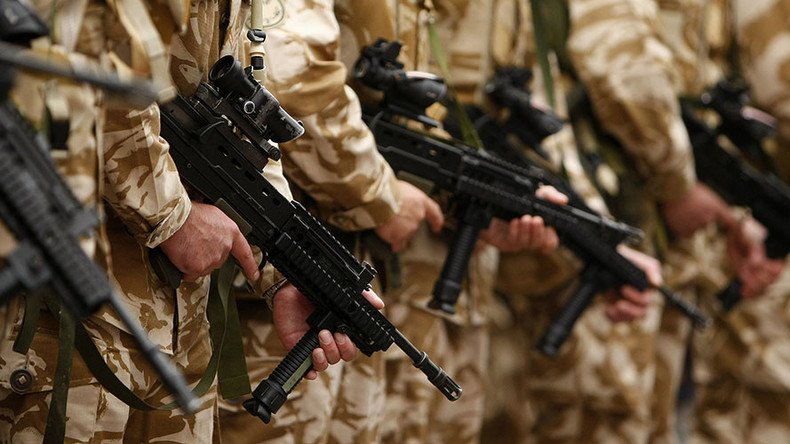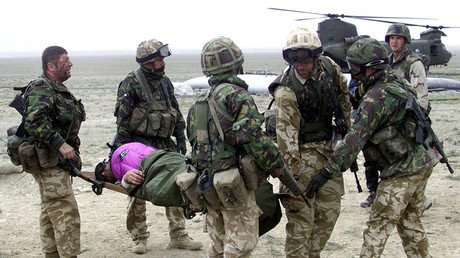Libyan unity government rejects British troops for anti-ISIS mission

British troops may not be deployed to Libya after all because the head of the North African state’s new unity government turned down the offer of Western soldiers to help eliminate Islamic State (IS, formerly ISIS/ISIL).
The move may come as a shock to some in the British establishment who had expected a request for soldiers now that the war-ravaged state’s UN-brokered unity government has assembled in Tripoli.
A UK government source told the Times on Wednesday the request had not materialized. The source felt the force structure being floated – an Italian-led brigade of 6,000 with a 1,000-strong British component – would exacerbate internal divisions.
Its aims would have been to tackle people-trafficking and train Libyan forces to fight IS.
Another unnamed source, a British minister, told the Times it was thought the head of the unity government, Fayez al-Sarraj, may wait until he is more established before requesting foreign military help.
Al-Sarraj and his government only arrived in the country a fortnight ago amid fears their entry would spark violence among the rival militias.
“The idea that the PM is yet able to give the green light to anything is premature, he needs to make sure he has the necessary support,” the minister told the Times.
“We are in a sensitive period. Nobody has drawn any firm conclusions. We’ve got a long way to go but there is a recognition things are extremely serious.”
European Council on Foreign Relations Libya specialist Mattia Toaldo told the paper that officials in the new administration are afraid of being seen as “foreign puppets” and hope “people in Europe will stop talking about this for a few weeks.”
Some military and political figures in the UK seem to have learned one tough lesson from the ill-fated campaigns in Afghanistan and Iraq, where US-appointed governments were treated with suspicion and substantial resistance ensued.
On April 1, as Al-Sarraj arrived in Tripoli, Commons Foreign Affairs Committee chair Crispin Blunt MP warned that although the UK has a “moral obligation” to clean up the “mess” it had left in Libya, any UK troop deployment would look like an “invading force.”
On Monday, the former British Army Colonel who briefly led a mission to Libya in the wake of the 2011 war, which removed the old regime, warned that if anything could unify the competing militias it would be a foreign military intervention.
Lieutenant Colonel Rupert Wieloch also told the Telegraph he questioned the wisdom of involving Italy, a former colonial ruler, in any Libya operation.













